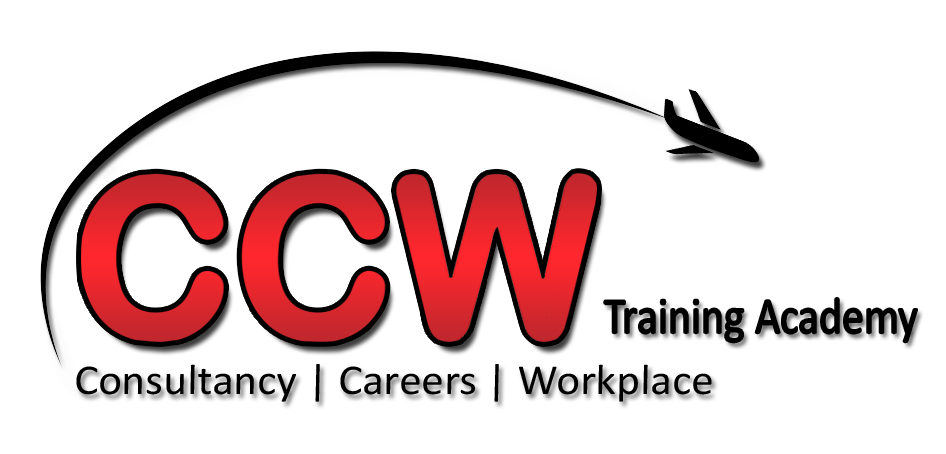In today’s fast-paced world, the ability to use critical thinking is more valuable than ever. This one-day course equips participants with the tools to analyse information, question assumptions, and make well-reasoned decisions. Through interactive activities and real-world scenarios, learners will develop practical strategies to approach problems with clarity, creativity, and confidence.
Why is critical thinking useful and important?

Critical thinking is a vital skill that enhances decision-making by enabling individuals to separate fact from opinion and focus on evidence-based reasoning. It builds confidence when tackling complex challenges, providing a structured approach to problem-solving. By improving communication through logical argumentation, it allows ideas to be expressed with clarity and impact. At the same time, it encourages innovation by promoting questioning and the exploration of alternative perspectives. Ultimately, these skills strengthen professional credibility and support the development of effective leadership.
Course objectives
Participants will:
- Define critical thinking and explain its importance in professional and personal decision-making.
- Identify and challenge assumptions that influence reasoning and judgement.
- Recognise common cognitive biases and logical fallacies that can undermine effective thinking.
- Apply structured frameworks to analyse problems and evaluate evidence objectively.
- Construct and communicate well-reasoned arguments with clarity and confidence.
Who is this Course For?
This course is designed for:
- Professionals in leadership, management, or supervisory roles
- Teams in business, education, or public services who need sharper problem-solving skills
- Individuals preparing for career progression
- Anyone who wants to improve their reasoning, analysis, and decision-making in both professional and personal contexts
Learning outcomes
By the end of this course, participants will be able to:
- Understand the principles of critical thinking and its role in effective decision-making
- Recognise common biases, assumptions, and logical fallacies
- Apply structured frameworks for problem analysis and evaluation
- Develop questioning techniques to challenge ideas constructively
- Communicate conclusions clearly and persuasively
Check out our calendar HERE



